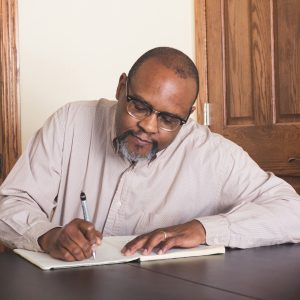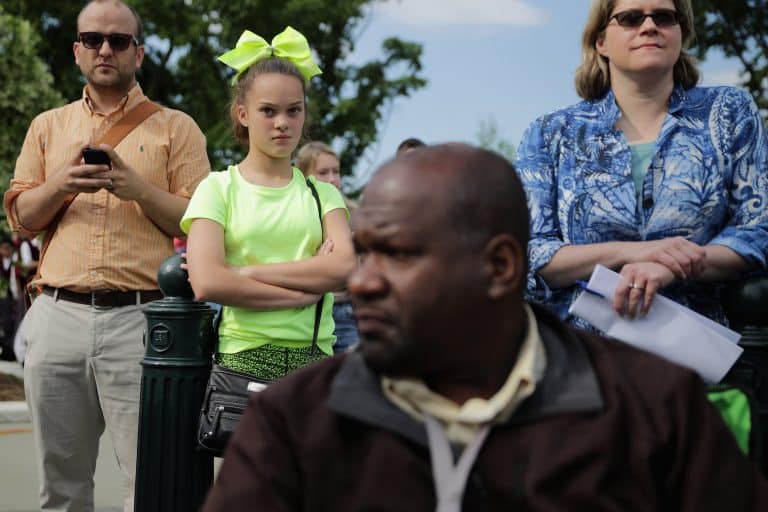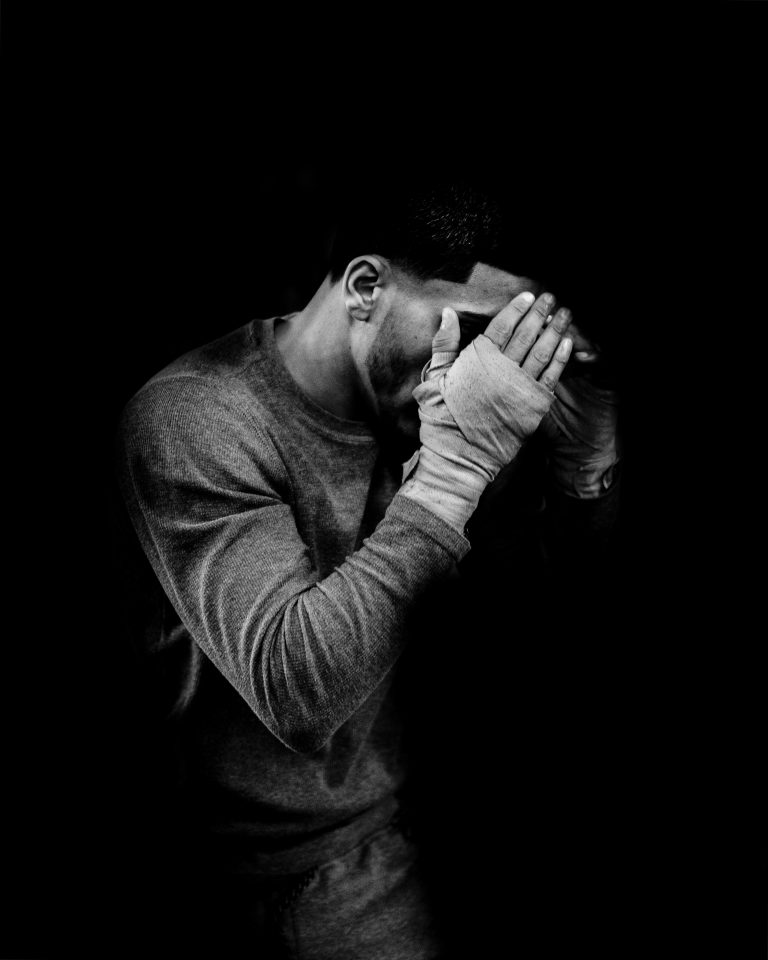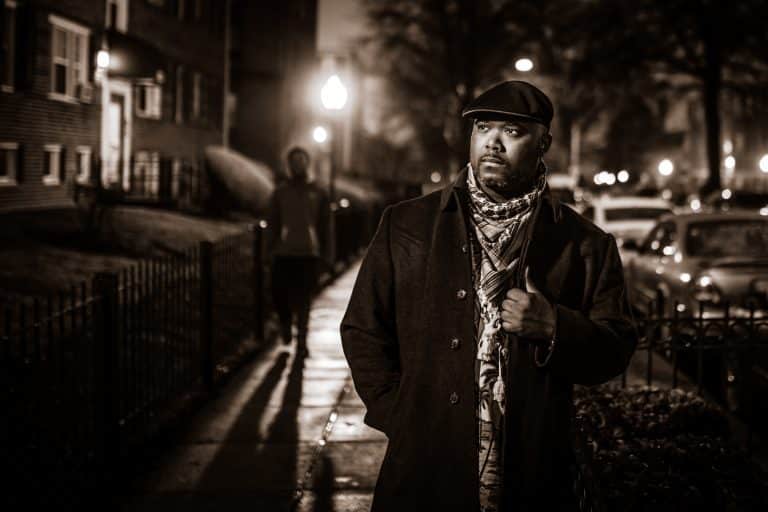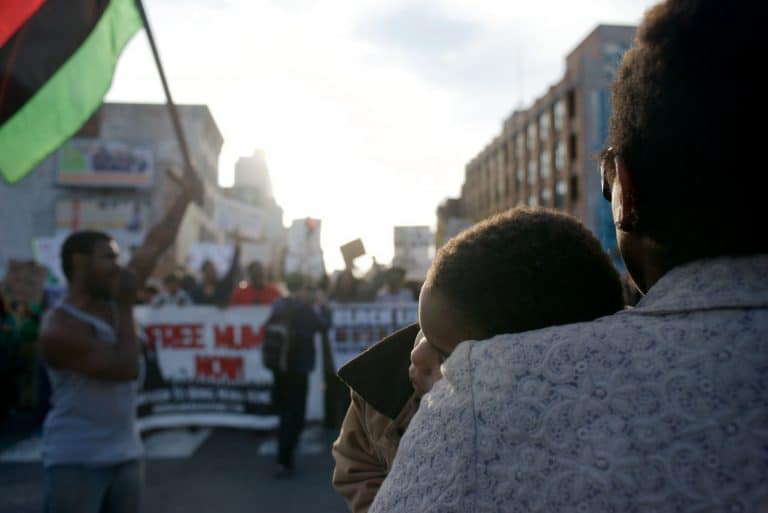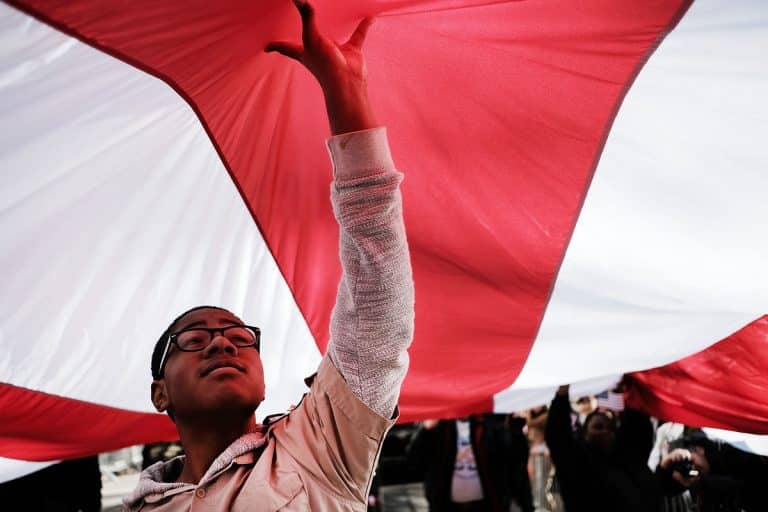View
- List View
- Standard View
- Grid View
10 Results
Social media gets a bad rap for perpetuating vitriol and echo chambers, but it can also be an platform for our common and civic life — helping us understand people with different backgrounds and opinions, while also allowing us to create communities of our own.
What if we considered our nation not as factions at war, but as members of a strained and troubled family? A look through the lens of the three stories that broken families tell — and what that marginalized, third story reveals about the echo chambers we've been called to step out of.
As a culture, we celebrate simplicity and its convenience. But the truth is always more complex, embedded in larger systems and worlds. Miguel Clark Mallet on the possibilities that open up when we accept the value of complexity.
Heroes aren't made by the uniforms they wear — they're distinguished by moral acts that defy convention.
The power of honoring our emotions as truth is to allow them to complicate — and enhance — how we understand the world and each other.
A searching exploration of the "white imagination" — and how it not only influences white people but also people of color's lenses on the world.
It takes power and privilege to dictate the terms of a cultural conversation. Miguel Clark Mallet writes in defense of backtalk and the critical perspectives it brings forward.
A writer contemplates the hubris at the heart of the American experiment, and the painful but possible path that leads to our nation’s redemption.
We may have no control over the wild, unpredictable world that we live in, but we do have control over how we choose to live our lives: to offer compassion, to pursue justice, to love and be loved.
On the perils of placing all our hope in a utopian future — and the real possibility for change that lies in our actions, here and now.
The Pause
Join our constellation of listening and living.
The Pause is a monthly Saturday morning companion to all things On Being, with heads-up on new episodes, special offerings, event invitations, recommendations, and reflections from Krista all year round.
Search results for “”
View
- List View
- Standard View
- Grid View
Filters
Listen
Read
